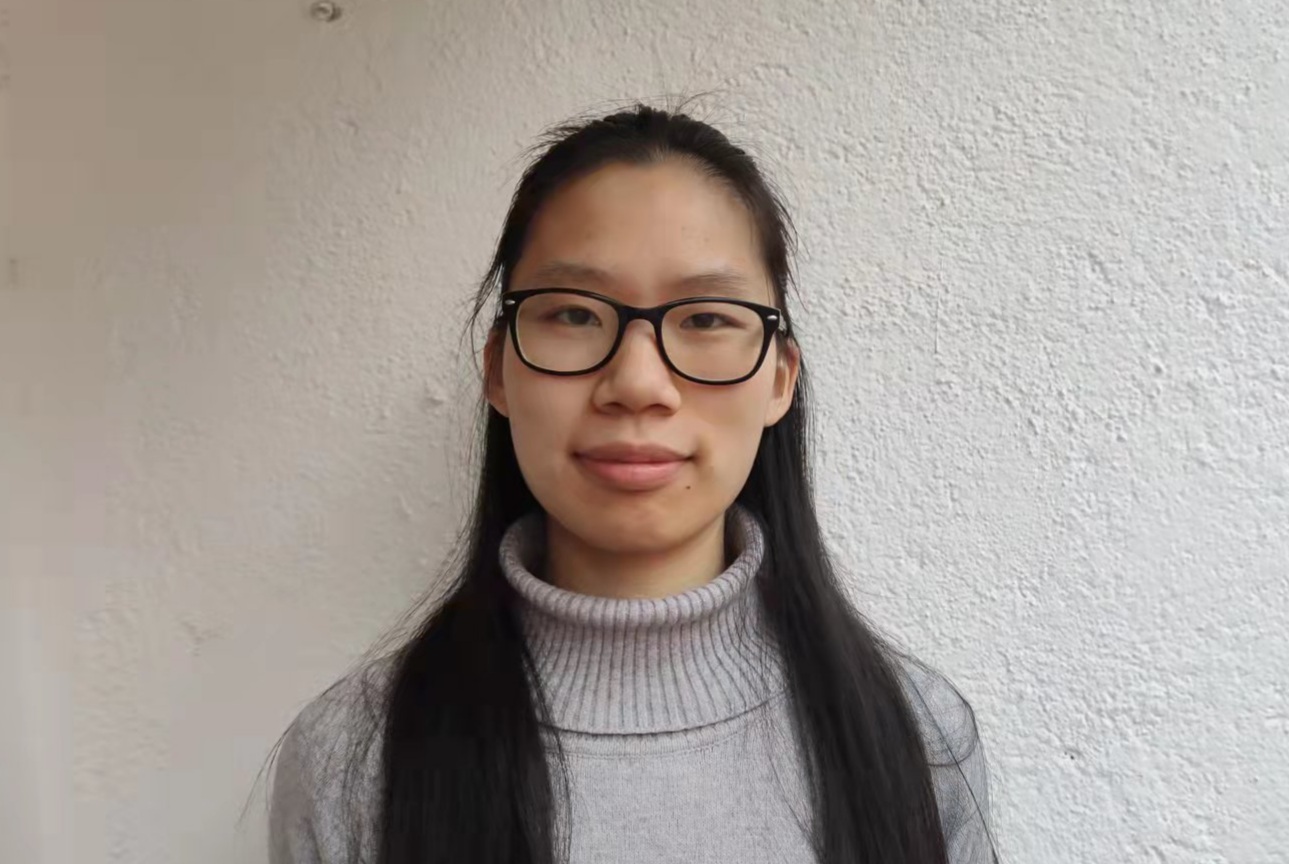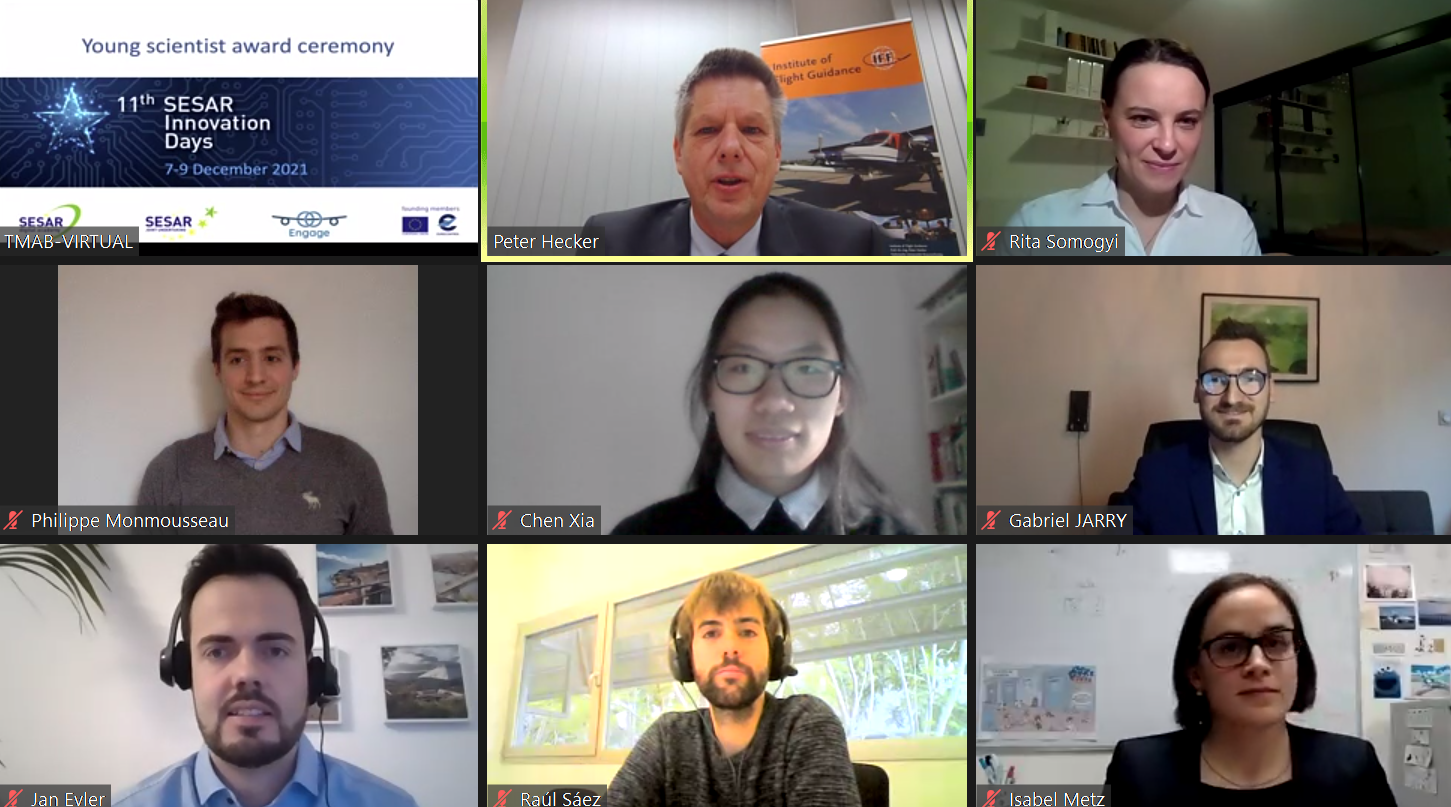Two winners were recognised in the SESAR Young Scientist Award 2021, for the first time applauding both postgraduate and undergraduate achievements. Philippe Monmousseau’s work on performance-based assessments in air traffic management at the ENAC Academy in France secured the PhD award; and Chen Xia, Universidad Politécnica de Madrid, become the first undergraduate to win for her thesis addressing conflict anticipation and resolutions to mitigate the risk of mid-air loss of separation.

Speaking about their successes, both see aviation as amounting to much more than the flight itself. “Air transportation is inherently multi-modal,” says Philippe Monmousseau, who followed “an unconventional approach to studying the air transportation system: leaving the plane aside and focusing on data generated by passengers throughout their trip.” This led to new metrics and models to better understand and visualise pain points from a passenger perspective – a long way from his initial interest in satellite constellations sparked by a maths degree and masters in aerospace engineering. “ATM is more than just a research field. It is a combination of numerous fields, pick your favourite and go for it!” he advises other researchers.
Chen Xia, meanwhile, chose to study airspace management after discovering the key role it plays in ensuring flight safety. “The main aim of my work is to study the current tactical resolution strategies of potential conflicts and characterise the variables that affect or trigger the use of a strategy. A better understanding of the resolution process will help to further improve and develop air traffic control support tools.” Chen Xia identifies a huge variety of concepts and ideas, not all of which are compatible. “How all the parties reach agreement might be a challenge,” she warns, especially as traffic levels start to increase again and even exceed pre-COVID levels. “Here in Europe, SESAR plays a key role in harmonising these new developments.”

The pandemic has brought many issues to the surface, says Philippe Monmousseau. “I think it has accelerated the shift from a flight-centric approach to air traffic management to a passenger-centric approach.” He sees the biggest challenges facing airspace management driven by passenger desires: in particular a smaller carbon footprint and an enhanced door-to-door experience. “This requires many technological innovations in the way we build and fly planes and an important change of paradigm regarding the air transportation system. Passengers want to go from point A to point B, with personal constraints and convictions, and not from airport A to airport B. Air traffic management will have to team with various other transportation systems in order to satisfy this need, and passengers will have to trust these systems with data that they can use to achieve this goal. Aviation has to convince its future passengers that it can meet that desire.”
Researching wider aspects of air transportation such as access to airports, passenger needs and interaction between airlines will help to improve the door-to-door experience, says Philippe Monmousseau. An important part of this activity is harnessing new ideas emanating from European research work and applying them in connected way to benefit the whole industry, avoiding duplication of effort, adds Chen Xia. The SESAR Young Scientist Award adds to this process by not only increasing the visibility of successful projects, but also raising the profile of promising students who are helping to bring these new concepts to fruition.
More about the 2021 SESAR Young Scientist Award winners
More about SESAR Innovation Days

